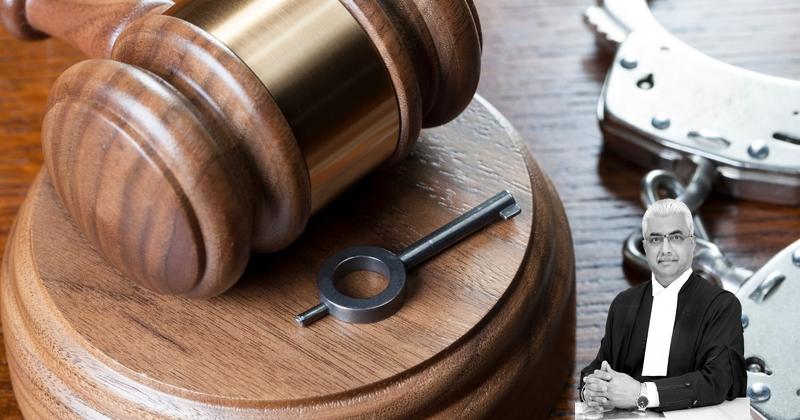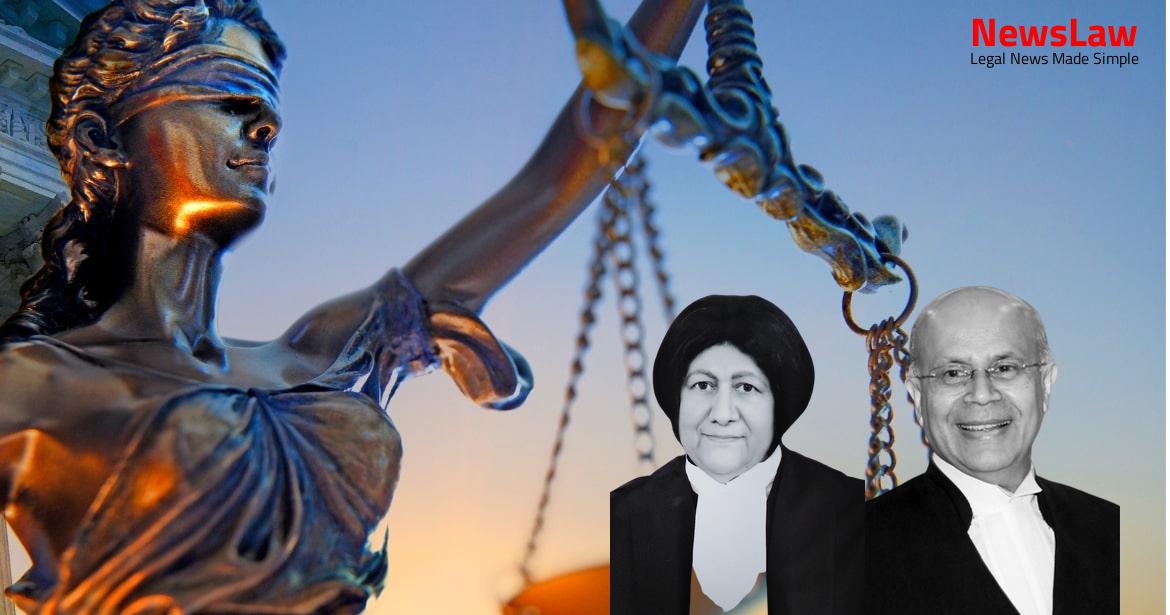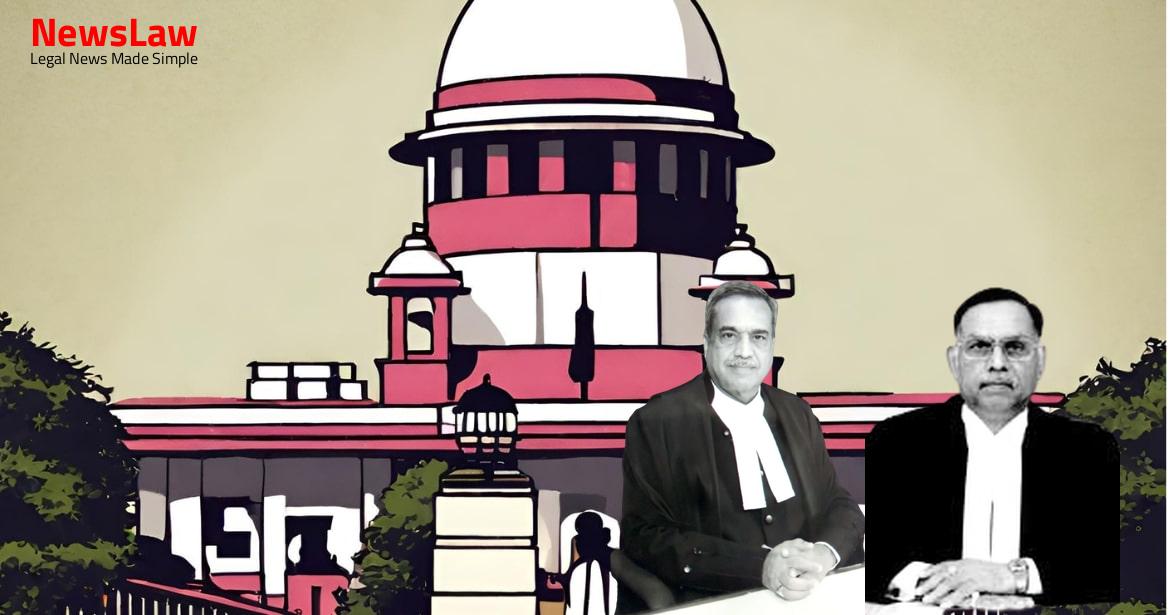He submits that the evidence would clearly show that the deposition of PWs.1 to 4 would reveal that the appellant was mentally ill and was brought to the house of PW.1-Mahipal for treating her. She submits that, for granting benefit under Section 84 of the IPC read with Section 105 of the Evidence Act, 1872, it is necessary for the accused to establish as to what was the nature of mental illness and also to prove that the accused was suffering from insanity, so as to disable an accused from knowing as to what he/she was doing. His evidence would show that the accused-Sumitra Bai along with the deceased-Mangal Sai, who was her father, had come to the house of PW.1-Mahipal for treating her mental ailment. Mahipal further states that when his son-Tilsai returned home, he saw that the accused had already assaulted and killed the deceased-Mangal Sai, after which PW.1-Mahipal entered and saw Mangal Sai lying dead. He also admitted that the appellant- Sumitra Bai was mentally ill and that she was brought by Mangal Sai for treatment at the house of PW.1-Mahipal. The fact that, the appellant was brought to the house of PW.1-Mahipal for her treatment on account of her mental ailment, has been established by the evidence of PW.1- Mahipal, PW.3-Tilsai and PW.4-Ajay. We find that the case would fall under Part-I of Section 304 of the IPC and as such, conviction under Section 302 of the IPC would not be tenable.
Also Read: https://newslaw.in/case-type/criminal/abuse-of-process-of-law-a-case-of-delayed-fir-filing/
Case Title: SUMITRA BAI Vs. THE STATE OF CHHATTISGARH (2023 INSC 343)
Case Number: Crl.A. No.-001044-001044 / 2023



